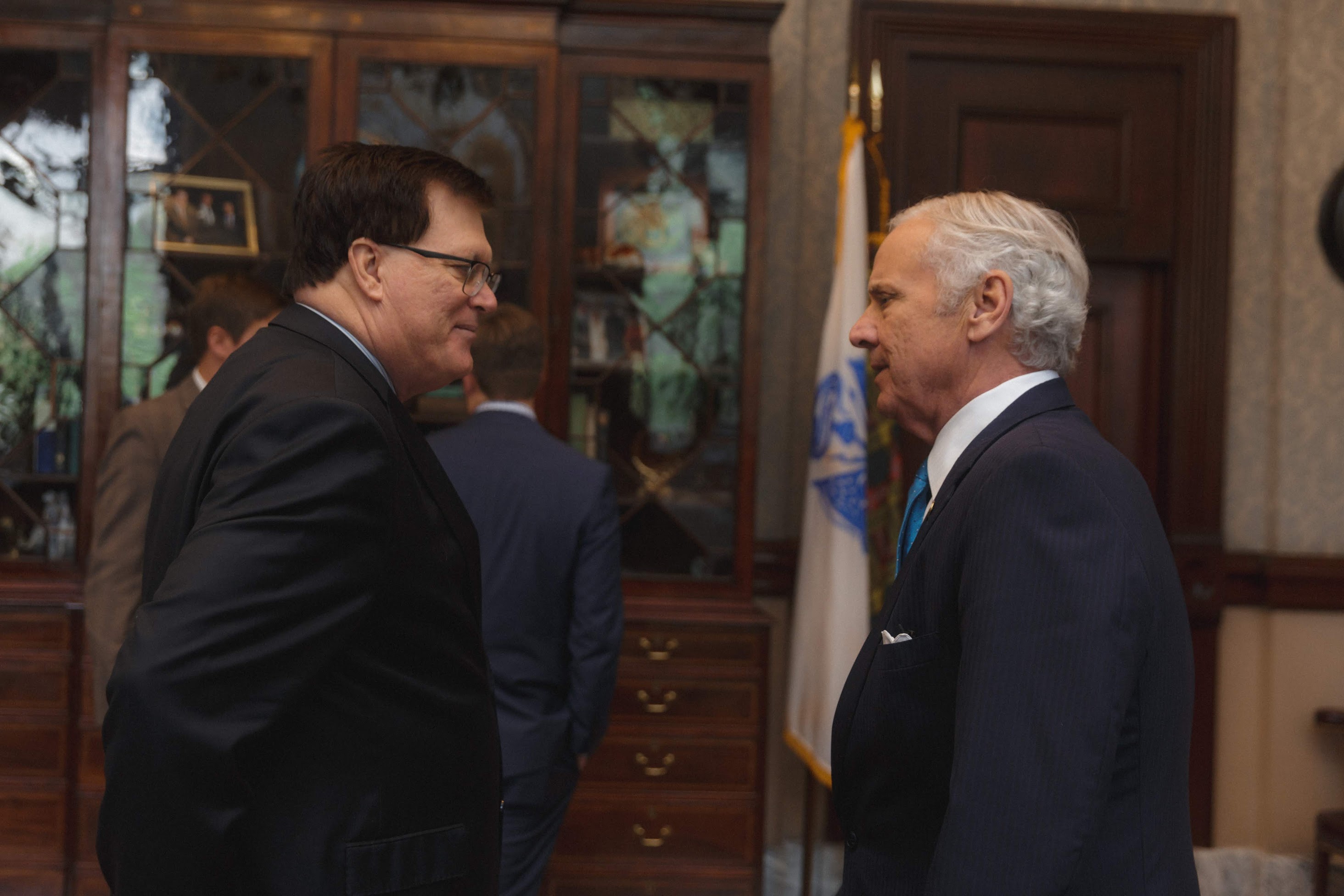Henry McMaster Vetoes Next-To-Nothing … Again
South Carolina needs a taxpayer champion in the governor’s office, not a rubber stamp for bigger, less effective government …
South Carolina’s state budget for the fiscal year beginning on July 1 totals more than $30 billion
